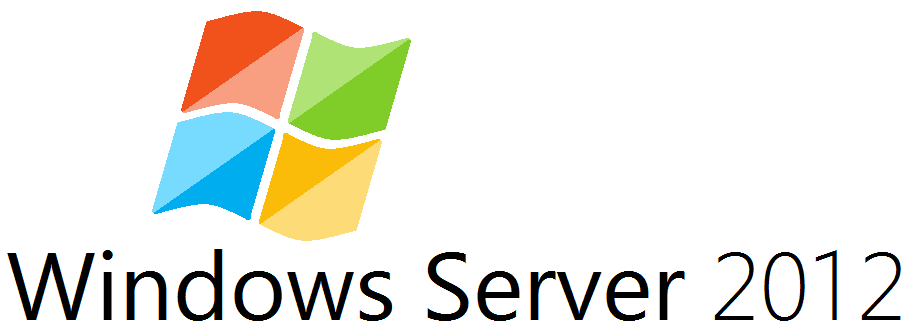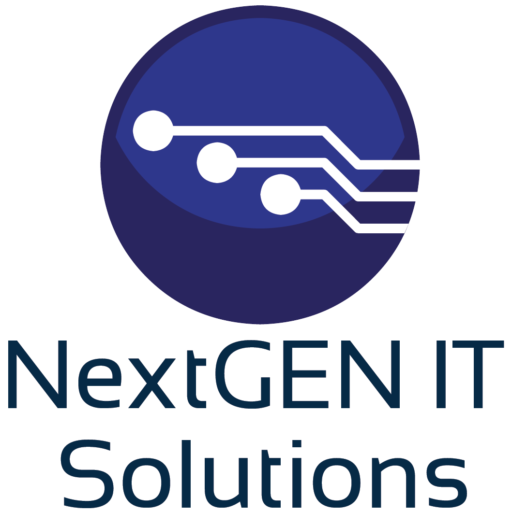The Impending End of Support for Windows Server 2012 and 2012 R2: Why You Should Act Now

In the fast-paced world of technology, change is constant, and staying up to date is crucial for the stability and security of your business infrastructure. One impending change that IT professionals and businesses must pay close attention to is the End of Life (EOL) for Windows Server 2012 and Server 2012 R2, scheduled for October 10th, 2023. In this blog post, we’ll discuss why it’s imperative to replace these aging server operating systems before EOL and how failure to do so can impact your business, particularly in terms of regulatory compliance, data security, and vulnerability to cyberattacks.
Understanding the Significance of EOL
Before delving into the specifics, it’s essential to understand what EOL means for an operating system. When Microsoft designates an OS as EOL, it signifies the end of official support, including security updates, bug fixes, and technical assistance. This leaves the system vulnerable to emerging threats and can lead to compliance issues.
1. Regulatory Compliance Concerns
One of the most significant reasons to replace Windows Server 2012 and 2012 R2 before EOL is to maintain regulatory compliance. For businesses in industries like healthcare (HIPAA) and finance (GLBA), adherence to specific regulations is non-negotiable. Failure to meet these requirements can result in severe penalties and reputational damage.
HIPAA (Health Insurance Portability and Accountability Act):
HIPAA mandates strict security and privacy measures for healthcare organizations that handle patient data. It requires organizations to have up-to-date security controls and conduct regular risk assessments. With the EOL of Server 2012 and 2012 R2, your organization’s IT infrastructure may no longer meet these requirements, putting you at risk of non-compliance.
GLBA (Gramm-Leach-Bliley Act):
Financial institutions governed by GLBA must protect consumers’ personal financial information. This includes maintaining secure data storage and transmission. Outdated server systems like Windows Server 2012 and 2012 R2 may lack the necessary security updates and features to ensure compliance with GLBA.
2. Increased Vulnerability to Cyberattacks
As an IT consultant and Microsoft Partner, we understand the critical role that robust security measures play in safeguarding your business from cyber threats. Running an unsupported server OS is akin to leaving your doors unlocked in a high-crime neighborhood.
Lack of Security Updates:
Once Windows Server 2012 and 2012 R2 reach EOL, Microsoft will cease providing security updates. This means that any newly discovered vulnerabilities will remain unpatched, creating a prime target for cybercriminals. They actively seek out organizations with outdated systems to exploit.
Weakened Defense Against Malware:
Malware is a persistent threat in today’s digital landscape. Outdated server operating systems are less equipped to defend against evolving malware strains. Replacing them with newer versions ensures access to the latest security features and protections.
3. Potential for System Disruption
Another crucial aspect to consider is the potential for system disruptions or downtime as these older server OSs become increasingly unstable. This can have a cascading effect on your business operations, causing loss of productivity and revenue.
Compatibility Issues:
Over time, software and hardware vendors may stop supporting their products on outdated server platforms. This can lead to compatibility issues, making it difficult to integrate new technologies or updates into your IT infrastructure.
Performance Bottlenecks:
Aging server hardware and software may struggle to keep up with the demands of modern applications and workloads. This can result in sluggish performance and delays in critical business processes.
Conclusion: Act Now for a Secure and Compliant Future
In the world of IT, staying ahead of the curve is essential. With the impending End of Life for Windows Server 2012 and 2012 R2, businesses must take proactive steps to ensure the security, compliance, and continuity of their operations.
As an MSP and IT consultant, we strongly recommend planning and executing an upgrade or migration strategy well in advance of the EOL date. This will not only protect your organization from regulatory penalties and security threats but also position you to leverage the latest technologies and innovations for a more efficient and competitive future.
At NextGEN IT Solutions, we specialize in helping businesses navigate these transitions seamlessly. Contact us today at [Your Contact Information] to discuss your migration plan and secure your IT infrastructure for the challenges and opportunities ahead. Don’t wait until October 10th, 2023 – act now for a secure and compliant future.



